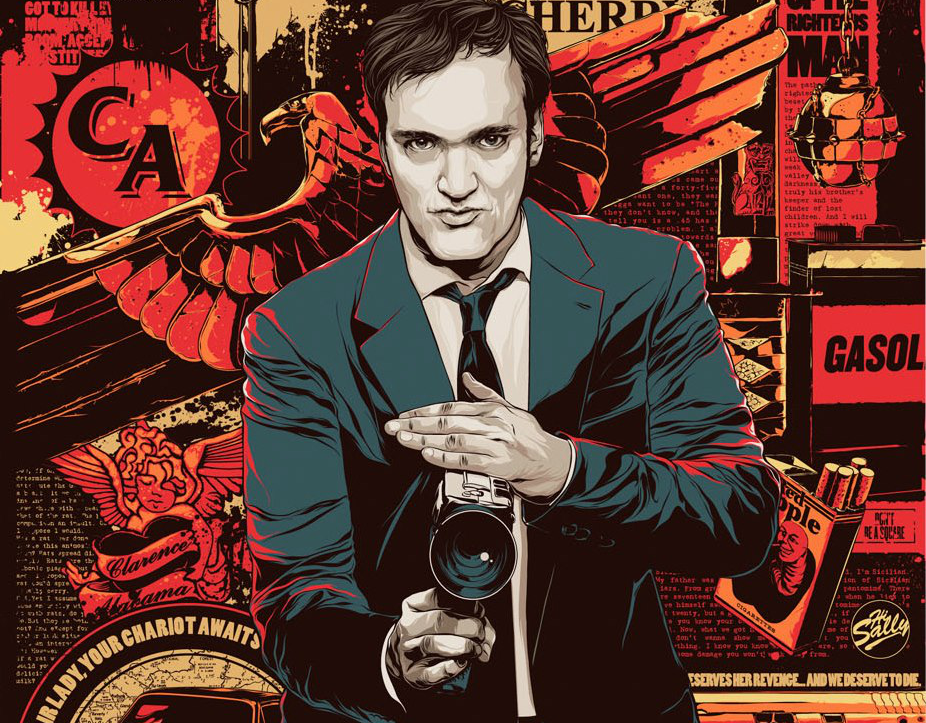what makes a work of art great
an artist longs to create such great work of art that astonishes all and outshines its contemporaries. he dwells upon his craft for long years in order to come up with one such masterpiece that shall immortalize his being in the artistic arena. but he does not always achieve that feat. in fact, only one tenth of the entire artistic clan or even lesser is able to book its name in the historical records of grandeur. the rest fail and are forgotten.
so the question that becomes important here is what is it that makes a piece of art great. what work shall stand the test of time and shall be acclaimed as great work for generations in future. is there a formula to such grand success or one has to make his way through subjective experiments?
scholars have believed that in order create great work in the present, the artist must study the past, because without a resounding knowledge of the history, any creation would lack investigatory strength. it would be as if it stands on its own and its existence shall be a transient one. if, however, one has studied thoroughly the traditional patterns of his craft, one shall be in a better position to create great work.
m.m. bakhtin, the great russian philosopher and literary critic, says: “a work cannot live in future centuries without having somehow observed past centuries as well. if it had belonged entirely to today, (that is, were a product only of its own time) and not a continuation of the past or essentially related to the past, it could not live in the future. everything that belongs only to the present dies along with the present. … in the process of their posthumous life, they are enriched with new meanings, new significance: it is as though these works outgrow what they were in the epoch of their creation.”
what a beautiful idea that is! and how true! in order to be remembered in the future, one must work hard upon the past practices that have sustained through the present. t.s. eliot had similar views when in his essay — tradition and individual talent — he says: “no poet, no artist of any art, has his complete meaning alone. his significance, his appreciation is the appreciation of his relation to the dead poets and artists. you cannot value him alone; you must set him, for contrast and comparison, among the dead.”
perhaps, that is the reason why great artists like quentin tarantino never forget to mention the classics when they come to talk about their own films. they are always inspired by the great work already done by the erstwhile filmmakers. if you watch “the hateful eight”, you’ll find that tarantino has tried to create a similar film as has already been made before, in terms of the impact it has on the audience. he says that the 1982 classic movie “the thing” is very similar to “the hateful eight” as it creates similar atmosphere for the audience.

so, you see, great work is not a creation of the artist’s mind alone. rather, it is an observance of what has already been achieved in the past and what has lingered on in the mind of the artist for long years that finally gets released into a new form of art. tarantino certainly works this way and is one of the best directors we have today. his films shall continue to be loved by millions in the future because he has picked his inspiration from great works that have stood the test of time. the same is true for shakespeare too. and that’s what makes a work of art great.
